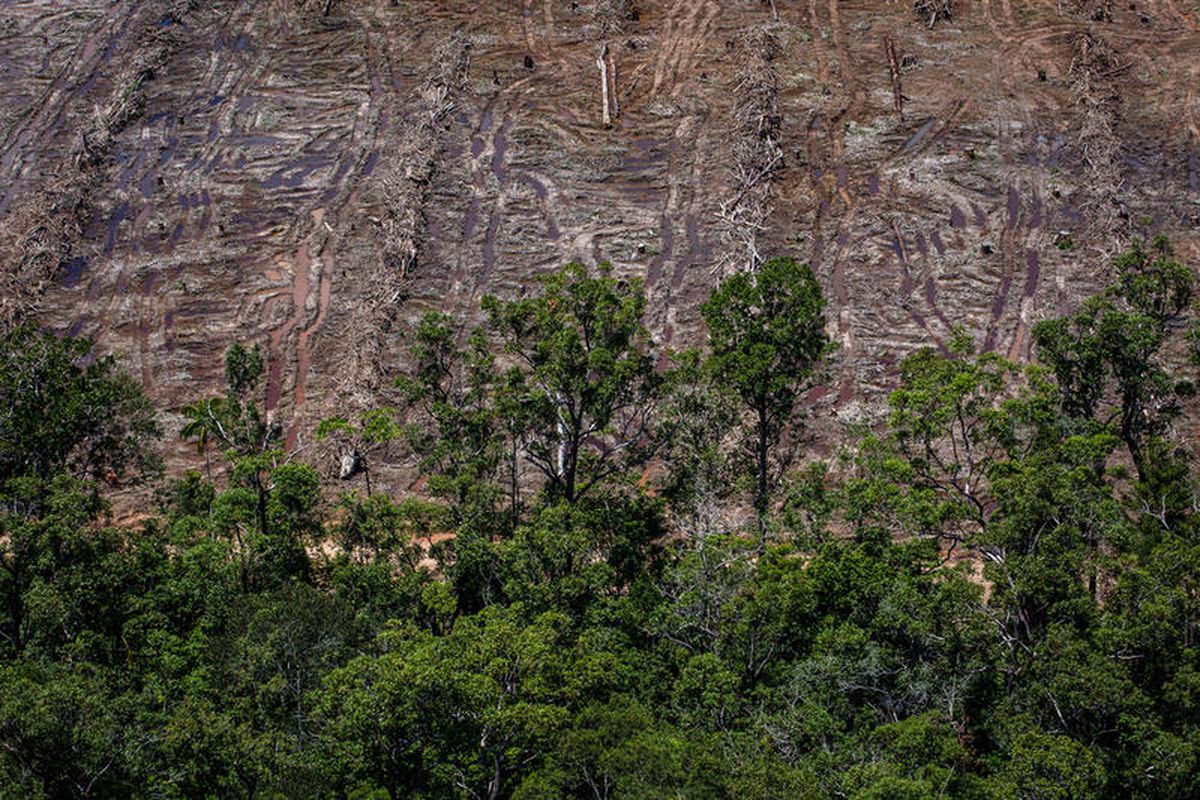State of the Wet Tropics Report
Australia’s biodiversity-rich northern rainforests, designated as world heritage sites, face escalating threats, with 25% more organisms being classified as threatened species since 2020 due to the impacts of climate change, according to the recently released “State of the Wet Tropics” report.
Growing Threats to Iconic Species
The report, submitted by the conservation authority for the UNESCO-listed Queensland wet tropics, underscores the declining health of species such as the ringtail possum. Despite receiving international protection in 1988, climate change, habitat loss, and ecosystem degradation pose significant threats to these iconic species.
Multiple Challenges: Invasive Species and Diseases
In addition to climate change, invasive species and diseases compound the challenges faced by the region’s biodiversity. The report emphasizes the insidious threat posed by invasive species and diseases, which endanger the integrity of the area’s biodiversity. The impact extends to species like endemic rainforest frogs, high-altitude birds, and plants of the Myrtaceae family.
Disturbing Trends: From Amphibians to Upland Crayfish
The report reveals disturbing trends, including the vulnerability of Euastacus crayfish in upland streams and the threat to the Apollo jewel butterfly. Climate change is implicated in the significant increase in threats, leading to predictions of over 50% extinction of endemic vertebrate fauna in the region over a decade ago.
Impact on Ringtail Possums and Freshwater Species
The report details the rapid decline of the region’s iconic ringtail possum species, particularly the lemuroid ringtail possum, now classified as Critically Endangered. Changing temperature patterns and increasing heatwaves have adversely affected these populations. Furthermore, climate change could alter water flows, posing a threat to freshwater species like the upland spiny crayfish.
Extreme Weather Events and Invasive Species
Extreme weather events induced by climate change, such as cyclones and bushfires, have caused abrupt changes in ecological systems. The report cites the decline in flying fox populations and the impact of invasive species on threatened taxa. It emphasizes that 82% of threatened taxa, as per the Environment Protection and Biodiversity Conservation Act, face common pressure from invasive species.
Urgent Need for Conservation Action
As Australia grapples with the escalating threats to its northern rainforests, urgent conservation action is required to mitigate the impacts of climate change, address habitat loss, and counter the spread of invasive species. The report serves as a stark reminder of the interconnected challenges faced by these unique ecosystems and underscores the critical importance of proactive conservation measures.
Month: Current Affairs - November, 2023
Category: Environment Current Affairs • Reports & Indexes Current Affairs







